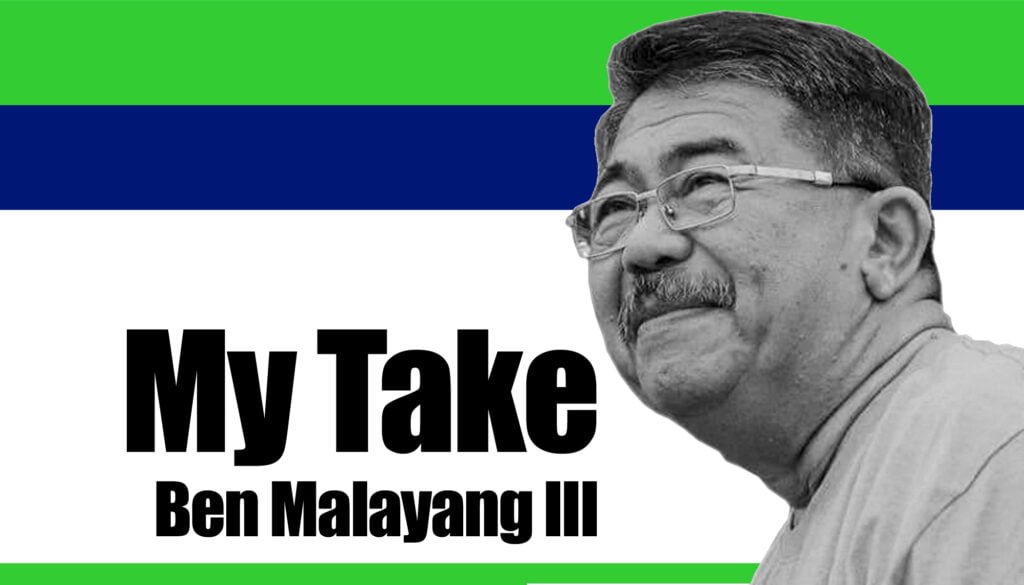
Come July, we’ll have a new government. Newly elected and reelected political leaders will assume office. There’ll be new leaders appointed to agencies and offices in national and local governments.
In democratic republics, change and continuity are expected to lead to stability. That is, in theory. Unfortunately, hardly in practice. The real-life politics of government spawn tensions and strife when there’s a change in administration. Those to be changed resist being changed and those changing them blast those they change. The Republic loses when those changed begin to throw mud at those changing them, and those to change them refuse to continue with the good that the incumbents have done.
Transitions become personal. They get to be about those keeping, leaving, and entering public offices rather than about bringing new blood to public service and about distributing opportunities to serve the country. They get to be about personal opportunities and fortunes to be gained or lost, and not about what opportunities and fortunes the people would gain and not lose.
Issues confronting public governance are often long evolving and protracted. Issues on food security, national security, social services, education, environment, and many others have been bugging governments for years. They didn’t arise during the incumbency of one or two governments. Incumbents could only hope to make a big dent on the issues. Similarly, those replacing them.
Failure of incumbents to do something about an issue is inexcusable. But heaping blame on them for not resolving the issues entirely during their limited time in office is misplaced. Thinking that one can do better when replacing them is misguided.
Incumbents with interest of country at heart do their best to address issues long haunting us. They may or not do enough to resolve the issues, but they do what they could with the limited time and resources they have, the legal restrictions they must observe, and the circumstances and crises they must work with. Those replacing them with also interest of country at heart would commit to continue the good done by those they’ll replace and take additional steps to further address the issues.
Blame games are not features of good transitions in government when both outgoing and incoming leaders share a common concern for the country. Instead, they’d be pushing for continuity in change. Transitions turn sour when ignoble personal interests trump noble public interests.
My take: In any government, there are those there to serve the country and those there to serve themselves. The public should keenly discern who’s who.
Let’s laud the gains of incumbents in knocking a bit off the lingering issues of the nation. Let’s cheer the continuity and additional gains made by new leaders. Incumbents and new leaders who seek to serve the country and not themselves affirm the good purpose of government transitions. They bolster public confidence on government.
But we need to weed out those there only for themselves. They defeat the good purpose of transitions. They destroy people’s confidence on government. They zap life from the Republic. – NWI




